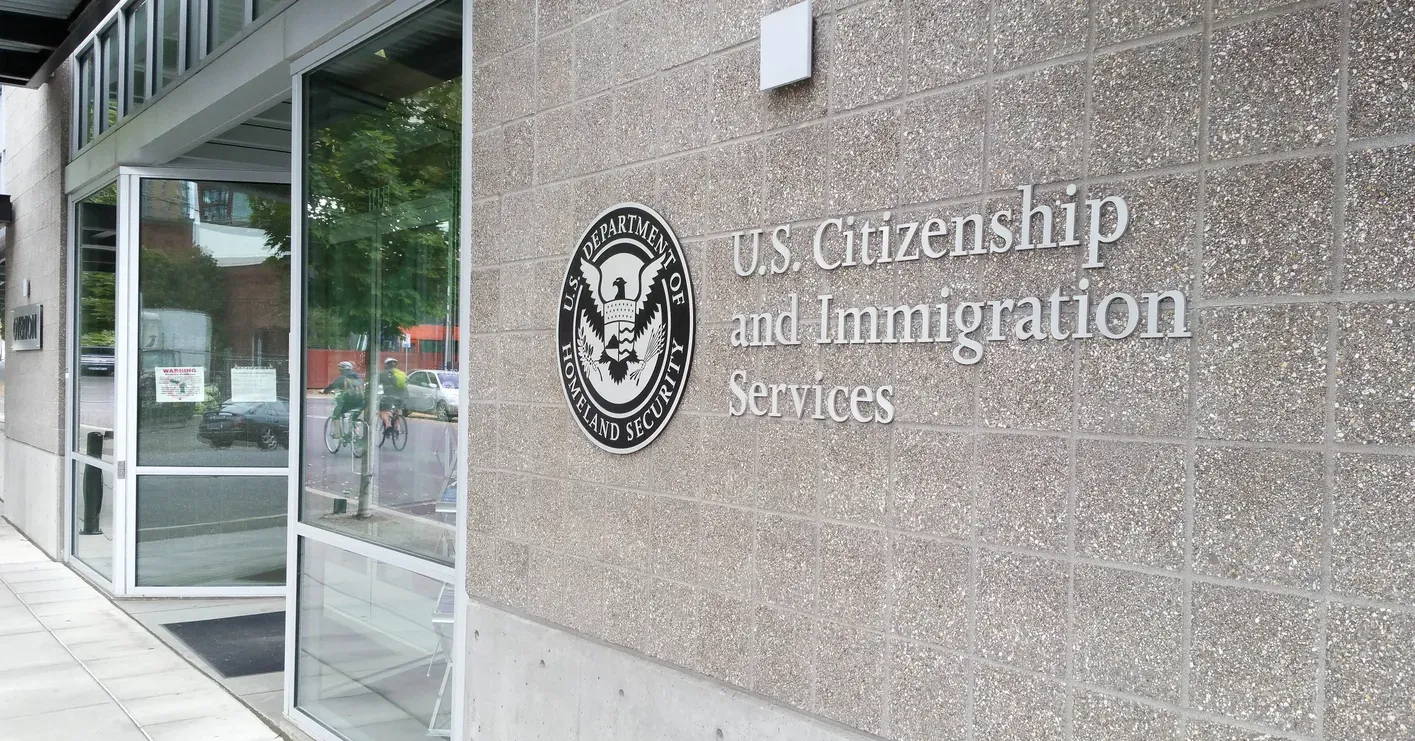Good News | USCIS Rescinds Restrictive H-1B Policy Memos
On June 17, 2020, USCIS issued a new Policy Memo that rescinded two irritating H-1B Policy Memos
The 2010 Neufeld Memo (governing the employer-employee relationship in H-1B petitions) and the 2018 Contract and Itinerary Memo.
USCIS’s rescission of prior H-1B policy memos likely to result in decreased denials and less RFEs.
If you are an employer who utilizes H-1B workers to supplement your workforce, or if you are a business immigration lawyer, the rescission of these H-1B policy memos is as surprising as it is welcomed. While it will undoubtedly ease burdens on the H-1B program, the short-term effects may be limited by recent presidential actions suspending entry of H-1B non-immigrants, among other restrictions.
What does this mean?
The rescission of these restrictive H-1B policy memos came on the heals of a May 20, 2020 settlement that USCIS reached with ITServe Alliance. As part of the settlement, USCIS agreed to rescind the policy memo called “Contracts and Itineraries Requirements for H-1B Petitions Involving Third-Party Worksites, PM-602-0157, issued February 22, 2018.” Surprisingly, USCIS also rescinded the boogieman of all memoranda, the H-1B Neufeld Memo, issued January 8, 2010.”
The new guidance contained in the Policy Memo and the rescission of prior memoranda is effective immediately.
This new policy should certainly reduce denials and voluminous requests for evidence (“RFEs”) that the agency had been issuing in the past 10 years. Why? Because the government has used the 2010 and 2018 memoranda to make it more difficult on employers in obtaining clean H-1B approvals. While Congress is tasked with enacting such laws, USCIS took the initiative to restrict the H-1B program using these memoranda on its own. Fortunately, it appears the agency is on its way to cleaning this up.
Rescinding Prior H-1B Policy Memos Create Continuity in the Law
Perhaps the biggest problem with the prior policies was that USCIS took guidance from the 2010 Neufeld Memo to place significant burdens on the employer to prove a valid employer-employee relationship existed. The evidence requested by USCIS in RFEs to prove the employer-employee relationship went too far. Employers simply could not provide everything that was requested in large part due to industry standards and confidentiality.
For example, USCIS required an employer to prove that it met each of the factors under 8 CFR 214.2(h)(4)(ii). That is, the employer had to show that it could “hire, pay, fire, supervise, and otherwise control the work of” the H-1B employee. That was very difficult to prove in third-party placement H-1B cases. According to the new Policy Memo, the adjudicating officer is to consider whether the petitioner has established that it meets at least one of the “hire, pay, fire, supervise, or otherwise control the work of” factors with respect to the beneficiary. Thus, USCIS is acknowledging that it required more evidence that the regulations required.
H1B Lawyer in Columbus, Ohio
How Does Rescission of H-1B Policy Memos Affect Your Case?
Contact Porter Law Office, LLC to discuss how rescission of these two H-1B policy memos affects your case. The H-1B visa process is complex. There are strict federal labor laws and immigration rules and regulations governing the program. Columbus, Ohio immigration lawyer Matthew R. Porter, Esq. assists employers in complying with the H-1B visa regulations. We can help your organization with H-1B visa petition filings and compliance issues. If your organization is considering sponsoring a foreign national on an H-1B visa, contact Columbus, Ohio immigration lawyer Matthew R. Porter to discuss your H-1B visa options.








